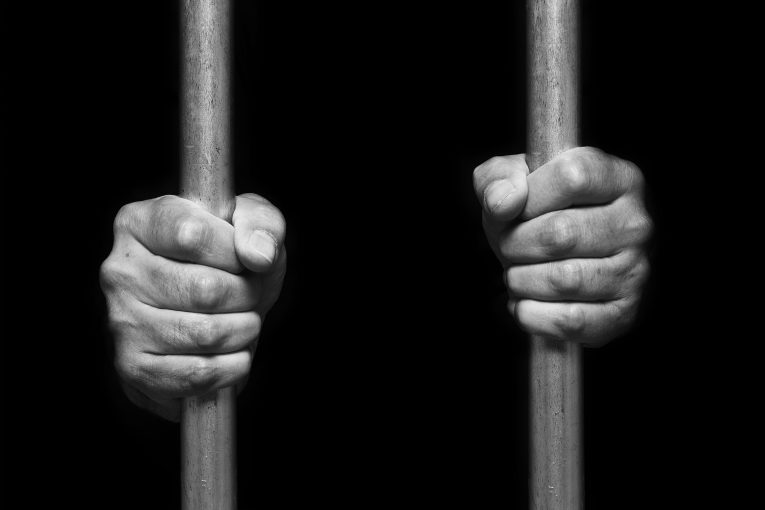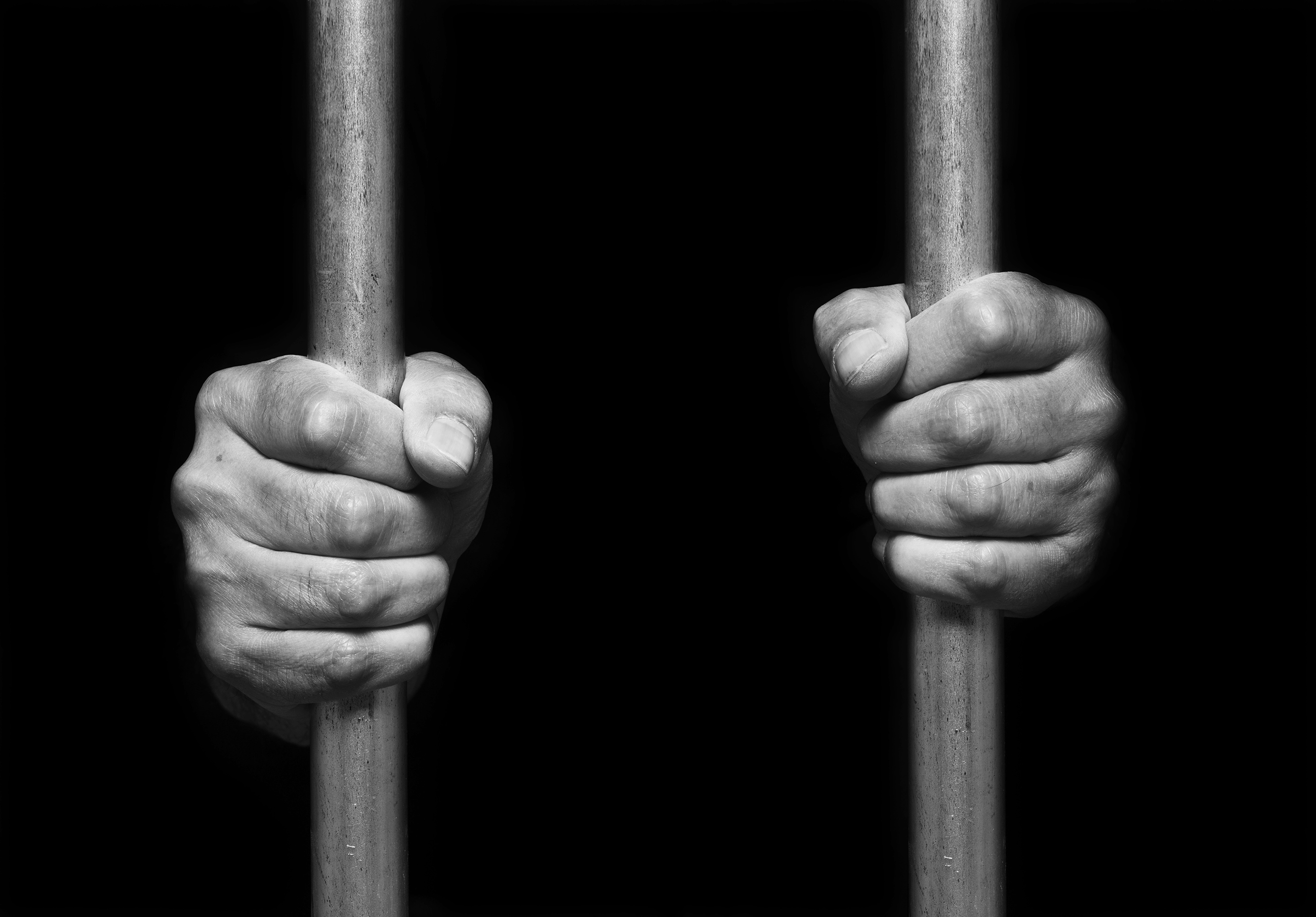

By KC Johnson, Prison Journalism Project
“How did you end up in prison?” they always ask.
What they really want to know is, “What is wrong with you? How did things become so out of control?”
They want a simple, straightforward answer, one with which they can develop a prevention plan to keep others from turning into people like us.
I guess they believe—hope—that there is a common denominator, an experience we all share. So they mine our pasts to look for that “Aha!” moment.
This is why I find myself sitting in this office yet again, going through the motions of dissecting my life with the detachment of a coroner. I feel an ever-present shock and bewilderment that I am on this side of the interrogation.
Even after all these years, I struggle to understand how someone I have never met thinks they can find something about my circumstances that I have not already considered.
For more than 30 years, I have questioned what was wrong with me. There is no simple answer, no linear progression in which I can find a point of no return. There had always seemed to be time to recover from my youthful transgressions.
Despite my reluctance to justify myself and my existence yet again, I go along because if I’m honest, I want to. I long to. I need someone to understand that even though I have made some ruinous  decisions, they do not represent who I am. I am different from how my current circumstances portray me.
decisions, they do not represent who I am. I am different from how my current circumstances portray me.
Settling myself in, I let this bored and uninspired man, whom I am desperate to impress with my wisdom and insight, know that we can continue.
“I may be an unreliable narrator,” I warn him.
All I can promise is this is my truth as I know it.
“Can you describe your childhood?” the man begins. I detect only the barest of interest in his voice.
“It was textbook for raising a happy, confident, well-adjusted child,” I insist. Educated, professional parents? Check. Loving homes, lots of attention? Check. Private schools, fishing trips, ski vacations? Check.
“I have done things, been to places!” I tell him with the guise of someone above all this. “I come from a good background, supportive. Every opportunity was available.”
I go on and on, touting familial credentials and personal achievements, proving my worthiness as an interesting subject.
I am a fraud. Not because I have lied, but because this homage to my home life is not reflective of how I feel about myself.
He is asking the wrong questions. What he does not ask is how I felt during my childhood. Where was I in my own story?
What I do not tell him is how disconnected I had felt, almost like I was watching my life play out from afar. I had felt like a character filling a role, I craved the audience’s approval. Without my stage costume, I felt different, troubled, and in my child-like mind, unlovable.
So I smiled, deferred and repressed.
“What was school like for you?” he asks.
“It was complicated. On the surface, everything seemed fine. I was a strong athlete and a high achiever. Inside, I was withdrawn, struggling to make sense of how I felt.”
Why was it that no matter how well I imitated the style and interests of other kids, I never seemed to pull it off. There were moments of oddities or aggressions in which I was berated: “Why can’t you act like other girls?”
Why indeed? I tried, I really did. But I only wanted to be left alone. All that time, something was festering underneath, waiting to explode.
Things grew darker in my head. I hated myself but could not figure out why. I began running away, overwhelmed by an uncontrollable rage and anxiety.
“Did you have any friends? Were they bad influences?” he wants to know. He is still looking for the source of my downfall.
“Sure, I had a few people I hung out with sometimes,” I say, quietly adding, “No, they were definitely good kids.” Which was why they all eventually pulled away, I think, ruefully. I was alone in my self-destruction.
“So when did the drugs start?” he asks.
They all want to know about “the drugs.” Perhaps that would lessen my culpability of just being crazy.
“It is hard to say. I probably started smoking pot by 15.”
I am slightly agitated because I can never get anyone to understand my drug use was a remedy. It was not the cause of my anxiety, my inability to feel complete.
I was never exposed to drugs nor was I peer-pressured. In fact, the opposite was true. I gravitated from a young age to the outcasts and alternative lifestyles. I yearned to be somewhere else. Before I even took my first hit, I was looking for escape, fantasizing about some kind of relief.
And what a relief marijuana turned out to be. I could be in crowds without panicking. My mind stopped racing. If only it could have stopped there.
“How did things progress from here?” he wants to know. He is anticipating a quick fall.
“I left home by 18, just doing my own thing. I was functioning fine,” I say, a little too defensively. “I bounced around from job to job and state to state, periodically going to school.”
I was having fun, living free, hanging with other aimless souls and wannabe hippies. When your friends are not like you, you must find others who will accept you.
By my early 20s, my highs and lows were so polar, I could have been two different people. One day, I might be in Colorado, skiing and biking. The next day, I’m in a trailer buying Oxycontin after loading all my belongings in my Honda and driving across the country in the middle of the night to seek escape.
“So, things are becoming out of control at this point?” he asks, oblivious to my frustration at this line of questioning. My facade begins to crumble. I want to defend myself, to scream, “I don’t know why I did these things!”
I was rarely a daily user of anything, but downers were my choice of drugs. They eased the chaos in my head, wrapping me in a security blanket. I would go for long periods where things would be fine and stable: good job, excelling in college. Then, out of nowhere, I would binge for a week or two on Xanax and alcohol, or cocaine. Those binges were catastrophic, typically ending only by force: a breakdown or hospitalization. I would then have to restart, picking up the pieces. Again.
I start to feel agitated, wanting to finish this pointless recitation in which I am the failure with so much “potential,” as they once liked to say.
So many times, I made an effort to have a typical life. I believed that if I tried hard enough, it would be what I wanted. Instead, every move I made to follow a path I did not want felt like a betrayal to myself. It drove me further into addiction, away from discovering who I really was and what I really wanted.
The drugs finally started winning. My temperate periods grew nonexistent. All I wanted was to succumb to a narcotic coma. I could no longer see a viable future.
I look up at the man and confess, “The year counting down to my arrest was one long spiral. I was a slowly dying creature, begging to be finished off.”
The man is stunned by my unexpected candidness.
My actions were long past being immature and carefree. I was no longer the envied friend with no responsibilities. I was that tragic girl they whispered about and whose 3 a.m. phone calls they ignored. There were DUIs, detoxes and rehabs, suicide attempts, a totaled Acura and multiple psychiatric stays.
That ultimately led to one fateful night which I can never atone for.
The man puts down his pen, and with actual emotion in his voice, asks, “How do you explain it? What is your insight only the present can instill?”
“I had no sense of identity,” I say. “It is hard to find direction when you feel like a different person every time you wake up … I lost myself completely. Even as I watched myself drifting into the storm, I never believed anything truly grievous could happen to me. I thought I was immune to the cruelty of time.”
I leave him with that final thought.
There is a quote by Cheryl Strayed, author of Wild: “I was not meant to live this way, to fail so darkly.”
If only I, too, could hike myself to redemption.
After leaving the man’s office, I want to scream into the universe, “I get it now! I can do better!”
But the earth keeps spinning and time keeps ticking. There is no forgiveness in the eleventh hour.
K.C. Johnson is a writer incarcerated in North Carolina. Originally published by the Prison Journalism Project
